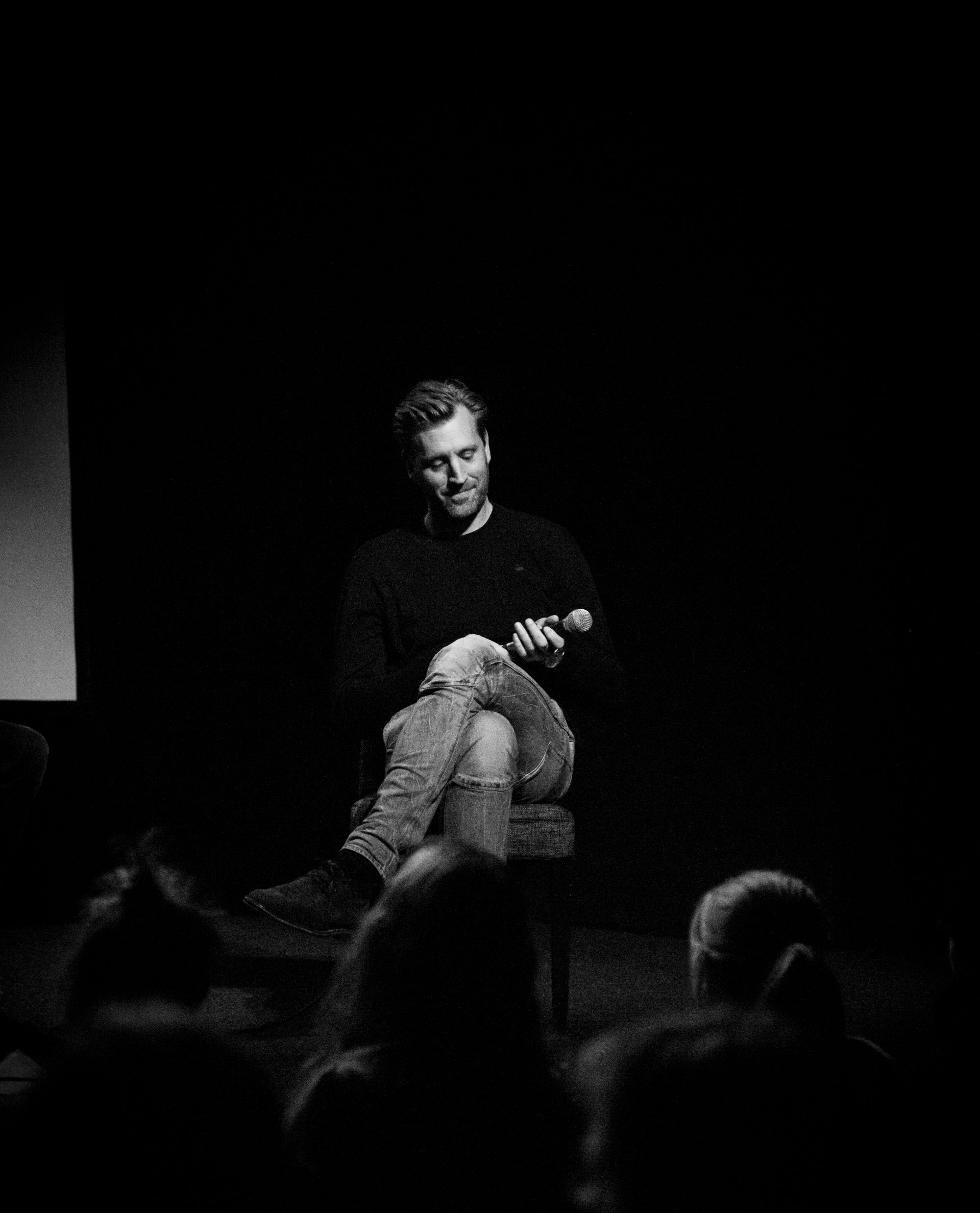At the moment I´m planning a book project on the significance of media in relation to social movements and democratization of society. Below you can find my initial idea and cases for sketching a history and contemporary discussion on how significant political changes and developments in society correspond to media strategies and technology .
My idea is to start in the emergence of feminist movement’s in 1968 and early 1970’s when most feminist writings / books were published. The book as a medium dominated the movement’s output at first but soon feminist organizations and women’s movements got access to the public sphere of television, thus heightening the possibility of communicating political messages with greater speed and distribution than ever before. The search for representatives with strong media skills quickly became a key for the movement’s own strategies to participate in and create the media discourses, mainly through television and newspapers. In pace with a changing social climate with strong left wind spreading across Europe, feminism emerged as a clear reference point for other organizations and social actors to relate to.
The environmental movement was also an emerging social reference point for activists and politically active in the 1970s who had a paradoxical relationship with the media and a gradually increased cultural significance. In truth, however, the 1950s and the actions in opposition to nuclear explosions must be considered as an operating starting point. At that time, the image of the “global environment” established itself as a relatively unambiguous notion. But it wasn’t until the early 1970s that the Carpathian ecological discourse emerged and by mid-decade, environmental issues had seriously been brought up on political agendas across the Western world. Just as in the parallel-growing women’s movement, a number of significant writings were published from an environmental perspective that contributed to Time magazine early naming the environmental movement as somthing that would dominate the decade’s political scene.
Then we enter the 1980 – and 1990’s, the fall of communism and the role of the media (mainly western media) in the process. Here are some interesting issues and cases that I want to address and highlight. Above all it is exciting to see the 1 / western media reporting on the closed states (the perestroika-era is an important part here since western media during this time had a completely different approach and access to Soviet citizens than ever before) and 2 / Western media intrusion into and significance in the closed states. The latter reference to radio stations such as Voice of America and Radio Free Europe and how they managed to reach in and got people to take part of very different values and new cultural material than what the government used the media to spread. According to many critics and observers, this had a large impact on the uprising that began and ultimately led to the several communist systems fell. Moreover, it was during the Reagan era a strong focus on the shortcomings and failures that existed in communist states and the contrast was clear to the liberal pro-American reporting that dominated in the western media.
All of this, the feminist movement’s emergence, environmentalism and breakdown of communism, can then be compared and discussed in relation with two modern and contemporary examples: Wikileaks and the Arab World’s restructuring / democratization.
Wikileaks illustrates how news production has changed dramatically in comparison to just a few years ago. Previously, journalists were those who dug up news, put them together and reported to a general public. What Wikileaks does, which have also been prominent ever since blogs and other social media became popular on the Internet, is to turn the traditional news production chain upside down. This has changed to the extent that leaks from and through the alternative media sphere now more and more forms the basis of previous critical and research emphasized in the business of journalism. Everything from facts to gossip leaks into newsrooms where journalists with unprecedented different conditions than before (greater time pressure, increased competition) certainly may feel compelled to publish and disseminate information that was not always the most reliable sources.
Finally, the recent momentous events in the Arab World. In countries such as Egypt, Tunisia, Jordan, Iran and Libya, the people in 2011 rebelled against regimes that for decades have controlled their citizens. The dictators attempts to control the information flow, for example by shutting down the internet in the country, have encouraged people to engage, mobilize and carry out protests and actions that had an impact on a global basis, through media technology and social media platforms.
To conclude, this project will be a challenging one and anyone with an interest of the subject are welcome to contact me on: michael.krona@mah.se.
